
nuh uh, its not a another goofy british plen
ello, yes its hawker sea hawk
Wiki:
The Hawker Sea Hawk is a British single-seat jet day fighter formerly of the Fleet Air Arm (FAA), the air branch of the Royal Navy (RN), built by Hawker Aircraft and its sister company, Armstrong Whitworth Aircraft. Although its design originated from earlier Hawker piston-engined fighters, the Sea Hawk was the company's first jet aircraft.
Following acceptance in the RN, the Sea Hawk proved to be a reliable and sturdy workhorse. A considerable number were also produced for the export market and were operated from aircraft carriers in Dutch and Indian service. The last operational Sea Hawks, operated by the Indian Navy, were retired in 1983.
Towards the end of the Second World War, Hawker's design team had become increasingly interested in developing a fighter aircraft that took advantage of the newly developed jet propulsion technology. Prior to this, Hawker had been committed until late 1944 to the production and further development of its piston-powered aircraft, such as the Hurricane, Tempest and Typhoon, to meet the wartime demands for these aircraft. On 1 September 1944, the first prototype of the company's latest fighter aircraft, the Hawker Fury/Sea Fury, conducted its maiden flight; it was this aircraft that would serve as the basis for Hawker's first jet-powered aircraft.[1]
The design team studied the potential adaption of the aircraft, having opted to use the Rolls-Royce Griffon-powered Fury prototype as the starting point.[1] The team started with the deletion of the piston engine, with its replacement, a single Rolls-Royce Nene turbojet engine, being fitted in a mid-fuselage position, along with lateral air intakes and a tailpipe which emerged beneath the tailplane.[1] The prospective modifications also included "stretching" the fuselage and moving the cockpit to the extreme front of the fuselage in a re-contoured nose; this design received the internal designation P.1035. Use of the Rolls-Royce Derwent engine had been studied but quickly discarded as lacking power for an aircraft of this size.[1] In November 1944 the P.1035 design was submitted for evaluation by the Air Ministry.[1]
Controls:
Ag1 - smth like goofy canopy
Ag2 - smth like goofy fold wings
Ag3 - smth like goofy ahh arresting hook
VTOL Down - ofc its goofy flaps
Photos:


smth like good friends

Notes:
1st: livery somehow based on this goofy photo:

2nd: Find goofy easter egg (specially for ppl who started thinking wut im back)
3rd: hollup.. its all?
yes its all, bye. Im bout to be dead again💀
Specifications
General Characteristics
- Predecessor Classic Jet Challenge 12.25.23 [CLOSED]
- Successors 1 airplane(s)
- Created On Windows
- Wingspan 39.9ft (12.2m)
- Length 40.8ft (12.4m)
- Height 11.1ft (3.4m)
- Empty Weight N/A
- Loaded Weight 3,219lbs (1,460kg)
Performance
- Power/Weight Ratio 2.094
- Wing Loading 10.0lbs/ft2 (48.9kg/m2)
- Wing Area 321.2ft2 (29.8m2)
- Drag Points 1132
Parts
- Number of Parts 200
- Control Surfaces 9
- Performance Cost 959

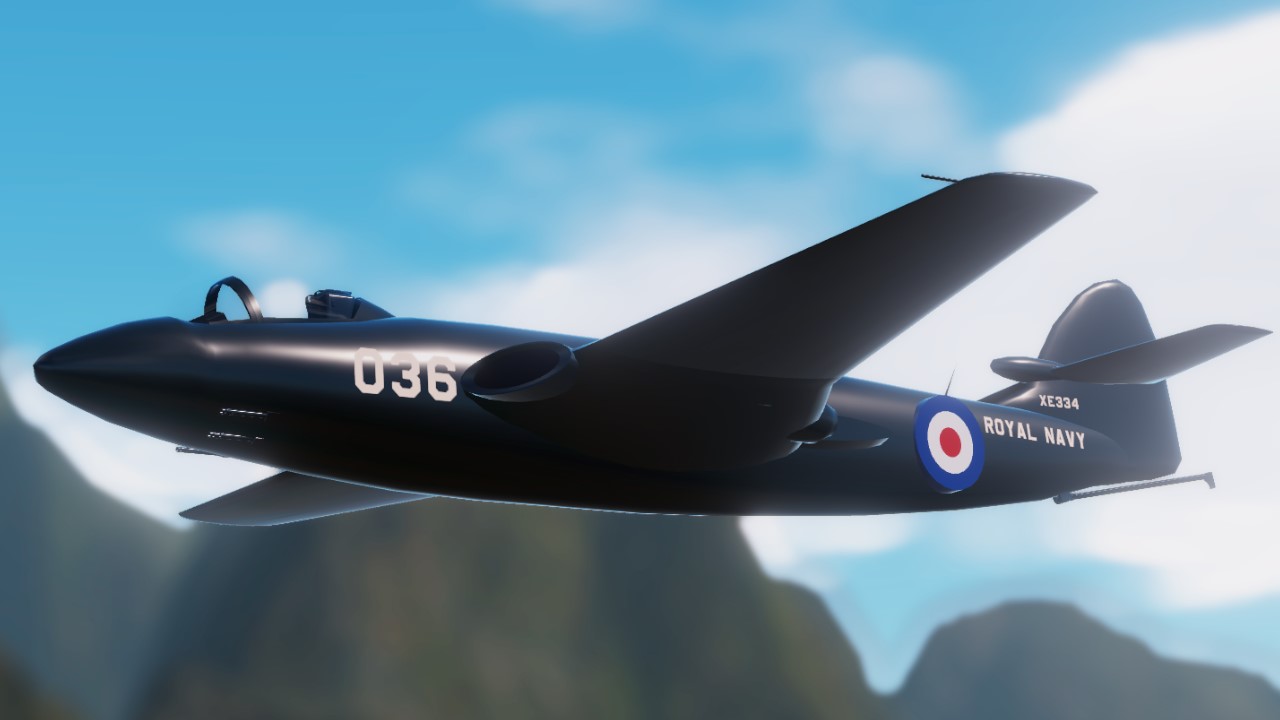
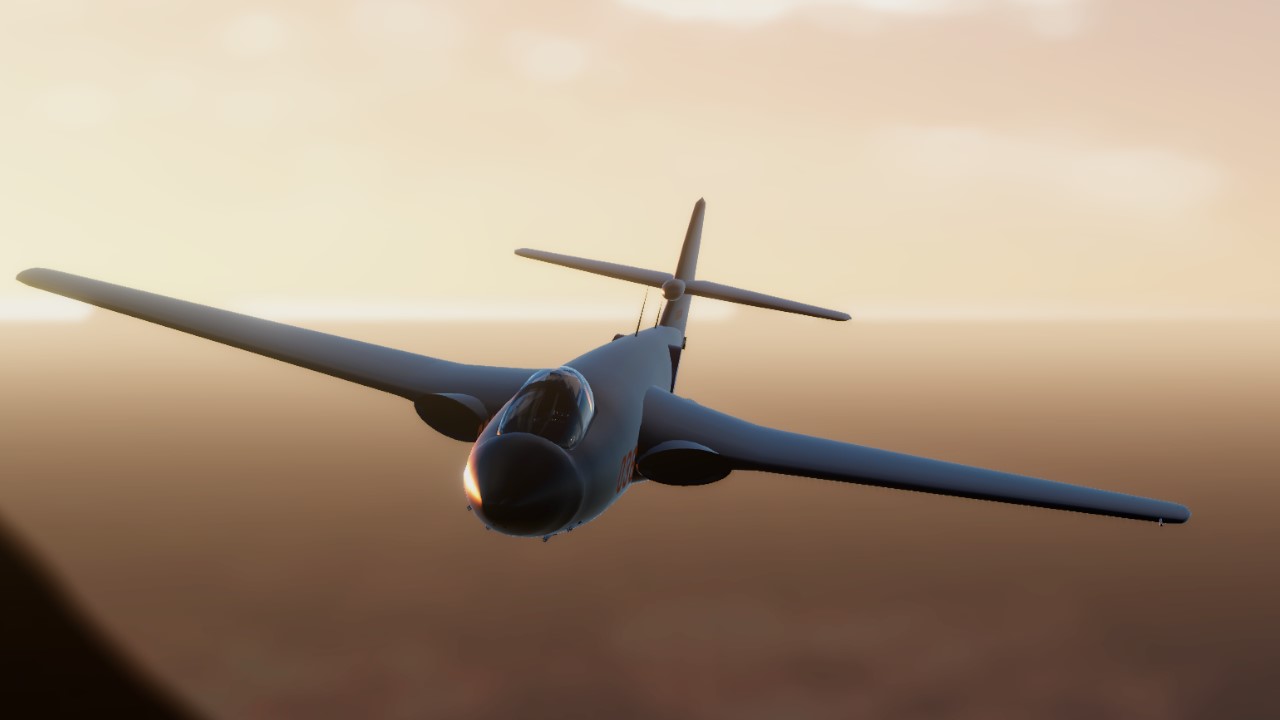
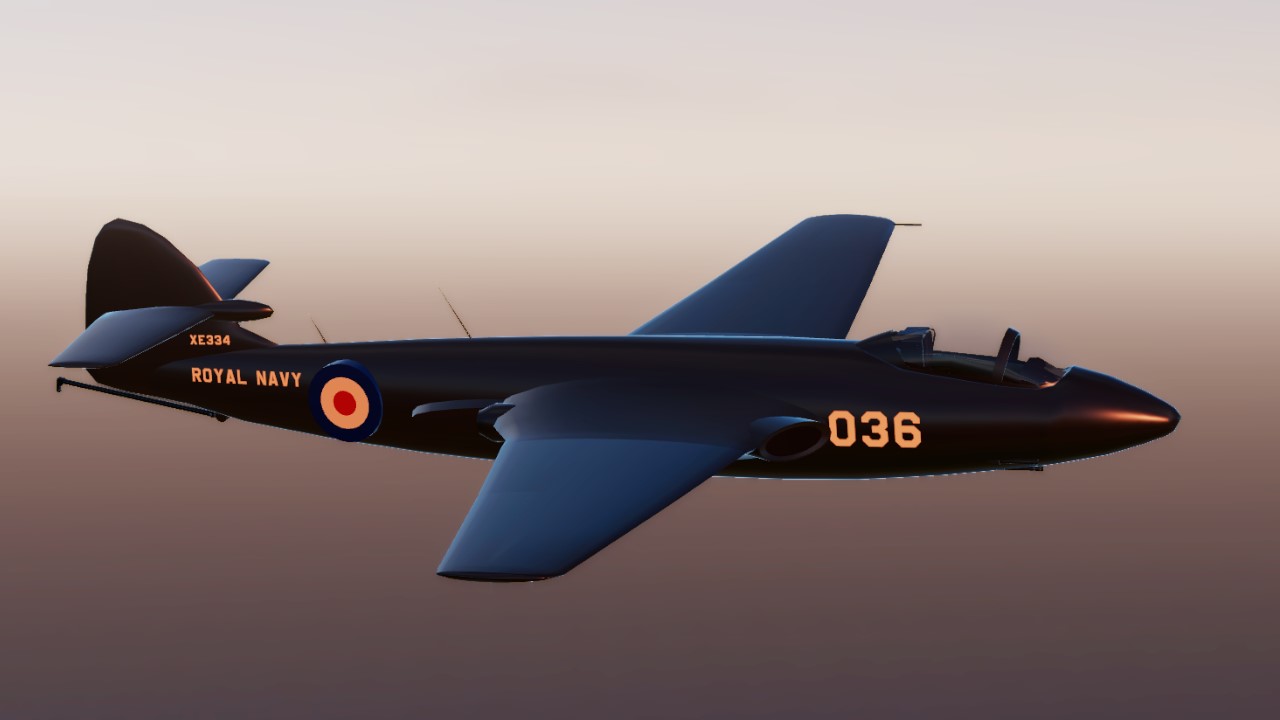
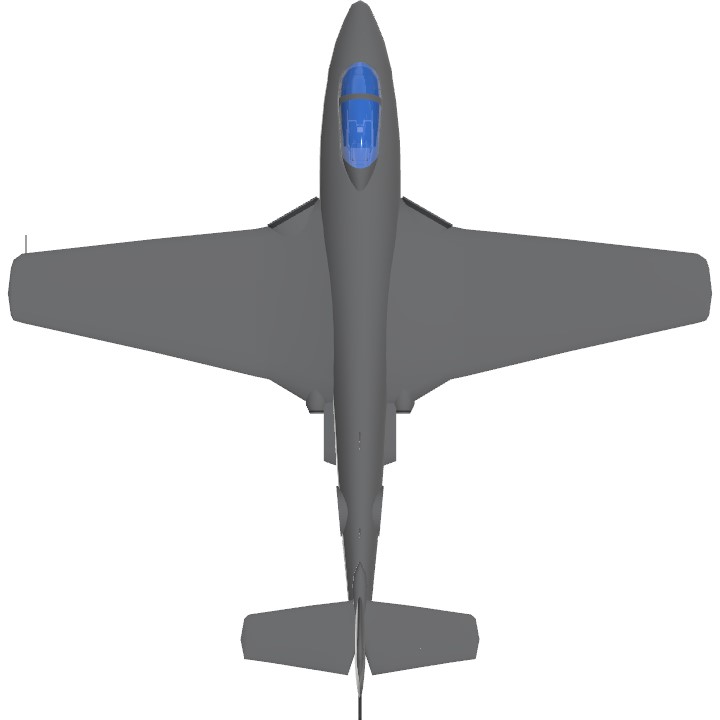
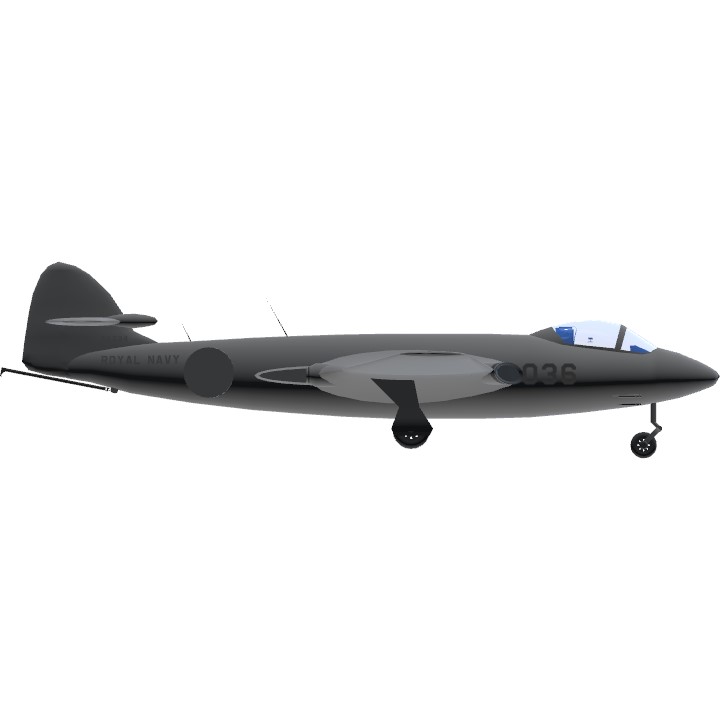
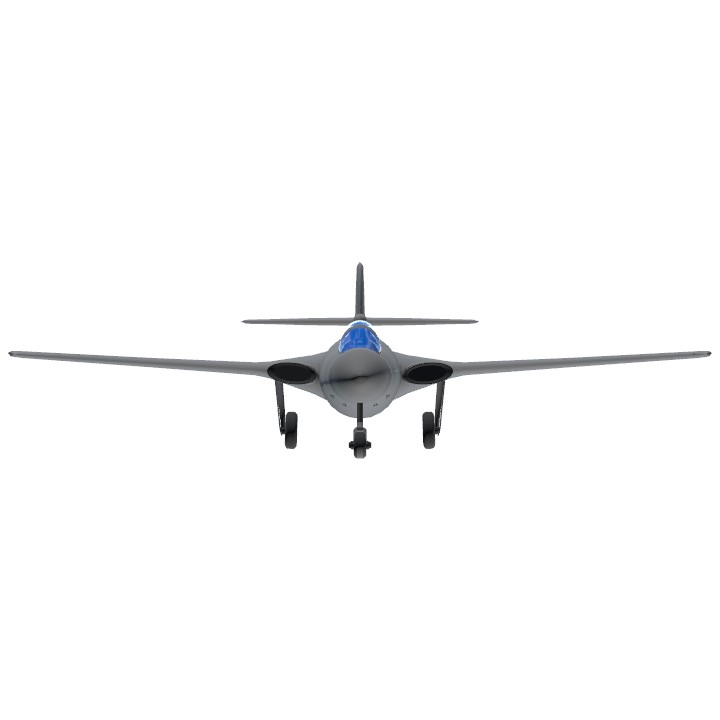
k, goofy tags time:
@WinsWings for W challenge (yes, its my second entry🤑)
@MrCOPTY
@Bryan5
@WaterFlavouredSpitfires
@CalabooseCal
@Pan
@Neruneten21
@ThatRandomCouchPotato
nice bri ish aircraft, very nice
It so cool!!!
Looks nice!
awesome
@intruder72 yeah
@intruder72 nvm I found it immediately
@intruder72 where
@intruder72 🤨🤨🤨
@intruder72 u should download NOW⚡⚡⚡
@intruder72 did u just found a easter egg?